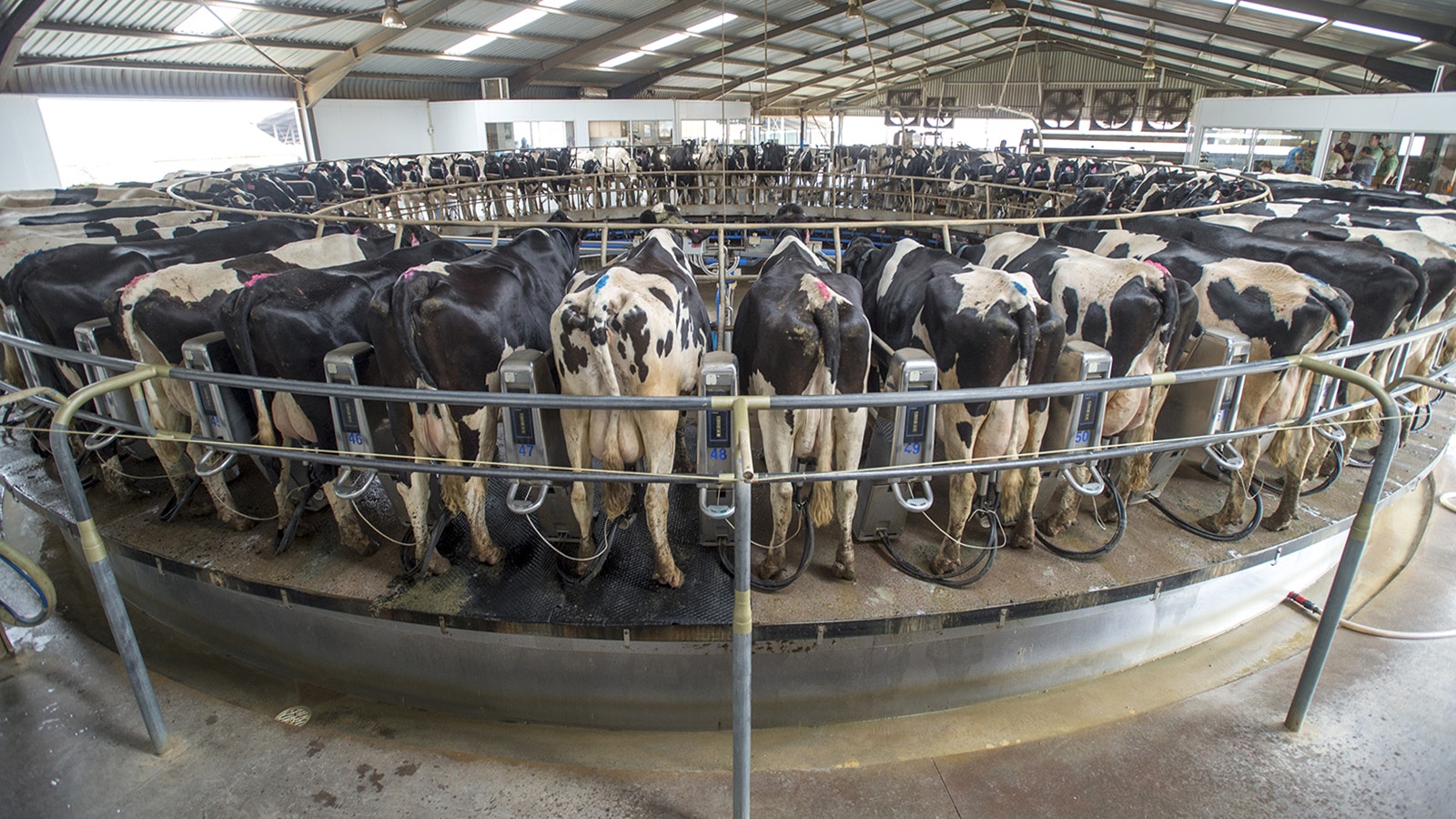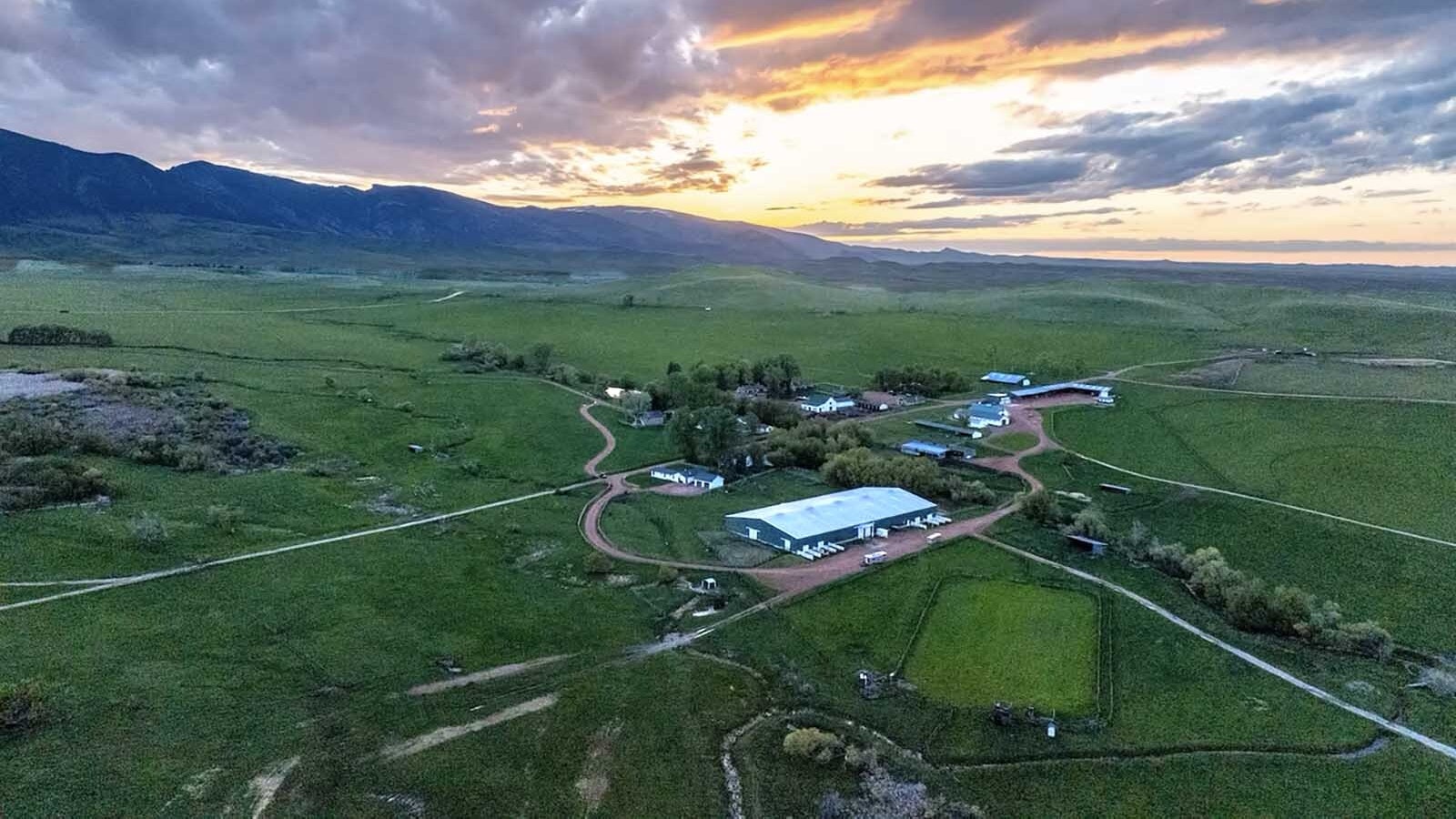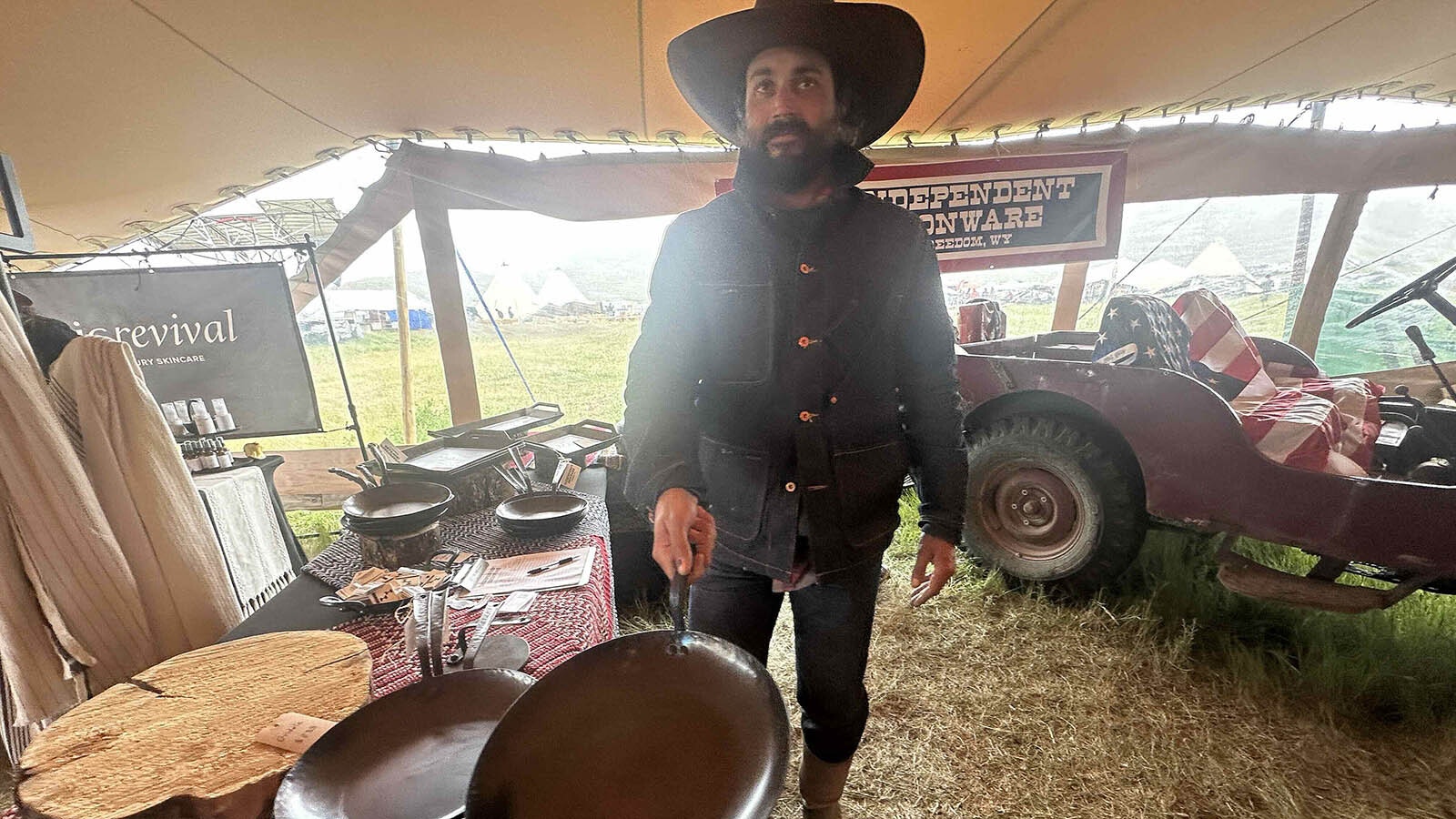Livestock producers could receive government incentives if they're willing to change their manure management practices.
The bill's sponsor, California Sen. Alex Padilla, says the legislation will modernize technologies for manure management on U.S. farms and ranches that boost farm profitability, improve water quality and reduce greenhouse gas emissions.
The Converting Our Waste Sustainably Act (COWS Act) is an amendment to the Farm Bill primarily written for the dairy industry, but could also be put to use on other livestock operations.
It proposes to reduce greenhouse gas emissions by putting cattle on pasture instead of corals with concrete floors, and it provides incentives to reduce the amount of water commonly used to flush milking parlors floors.
"As the top dairy state in the country and the second in cheese production, California is the largest producer of milk, butter and cheeses like mozzarella, monterey jack and queso fresco," a press release from Sen. Padilla states. "Dairy operations contribute billions to California's economy, but are also responsible for 45% of California's methane emissions."
Pastures Are Better
The legislation suggests that shifting to pasture-based dairies will improve water quality because manure would be handled dry. It would save water by eliminating flushing systems from barns and subsidize farmers who shift from manure digesters that produce green energy to compost production. The compost could be used as bedding and reduce application of synthetic fertilizers.
The COWS Act would provide grants to help dairy and livestock producers who are willing to switch to pasture-based management systems. It would make composting eligible under the Environmental Quality Incentives Program (EQIP) and prioritize grants for beginning farmers.
Looking For A Problem
Sen. Padilla's idea sounds a lot like what’s already common practice on cattle ranches in Wyoming and throughout the Western states.
Wyoming Stockgrowers Association Executive Vice President Jim Magagna said only about 10% of methane production comes from cattle.
"If you look at the bigger picture and what is contributing to global warming, we don't think methane from cattle is a major problem," he said. "I doubt it's even 10%. It dissipates more quickly and doesn't have the permanence as other emissions."
Wyoming Farm Bureau spokesman Brett Moline said he doesn't see much in the COWS Act that is original with regard to manure management.
"I think as long as the proposal stays voluntary then producers can seek incentives and do what's right for them," he said. "But I get leery whenever I hear, ‘We're from the government and we're here to help.’"
The legislation was endorsed by the National Milk Producers Federation and the National Farmers Union.
Paul Bleiberg, a spokesman for the National Milk Producers Federation, said sustainable manure management is a "critical conservation priority for dairy farmers."
National Farmers Union President Rob Larew said the COWS Act manure management practices will lower methane emissions and provide practical solutions that dairy farmers are eager to adopt in their efforts to become more sustainable.





